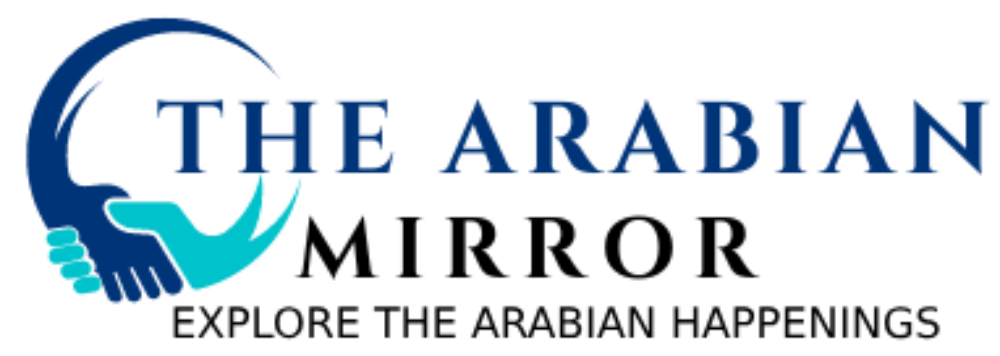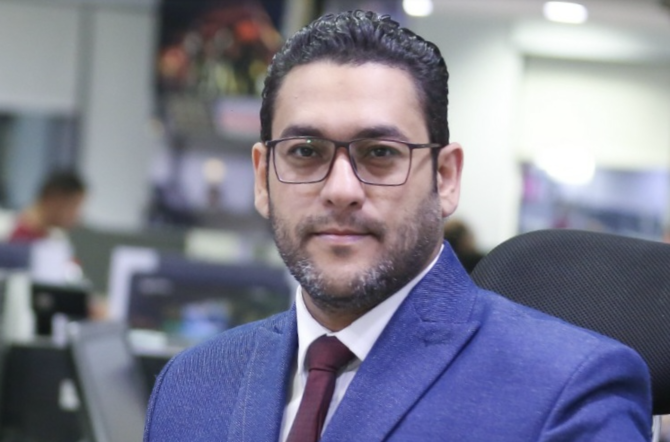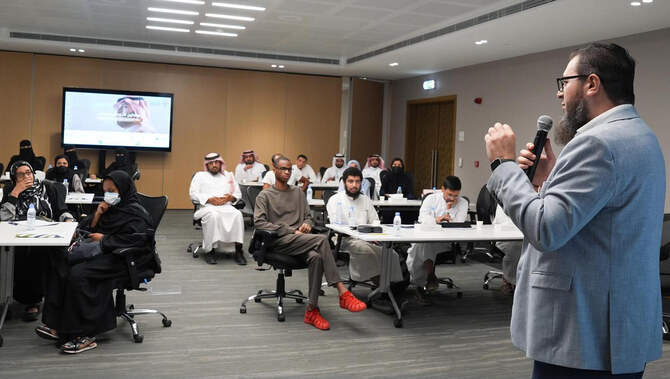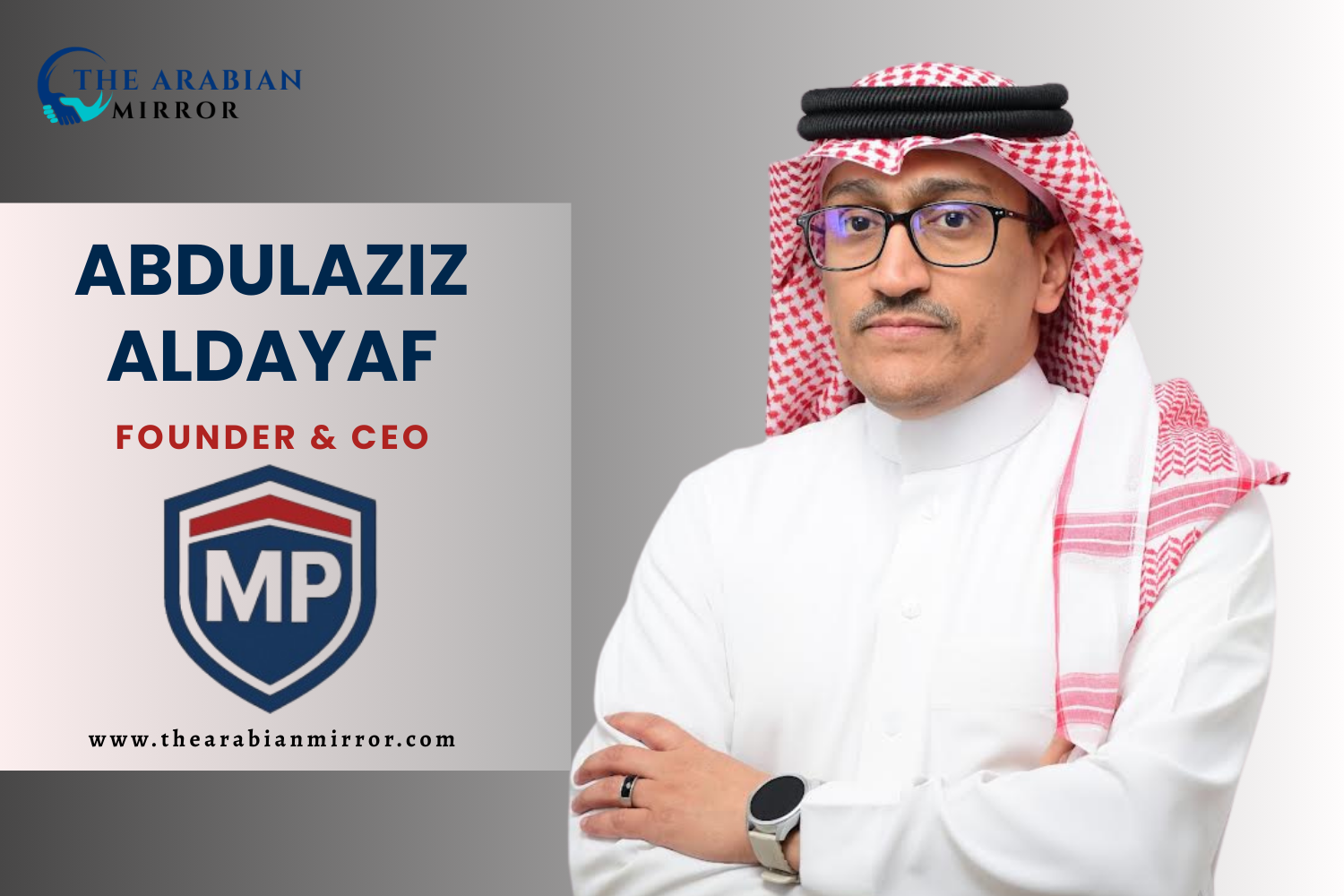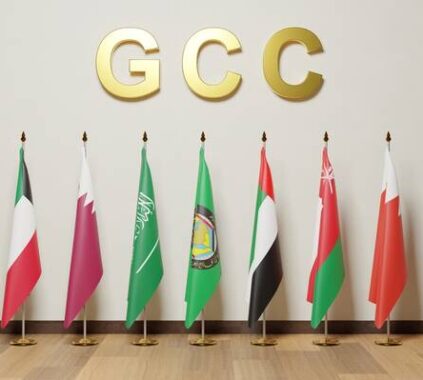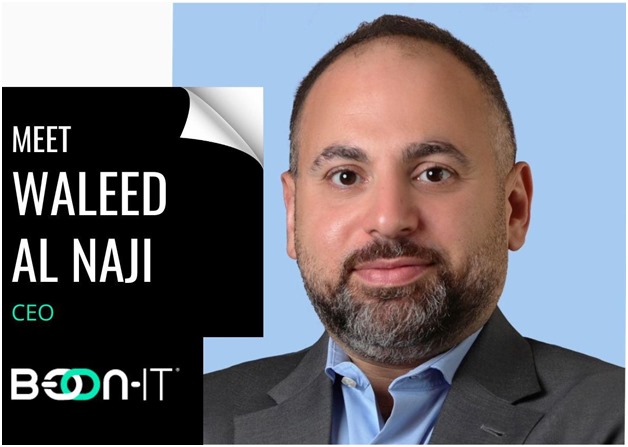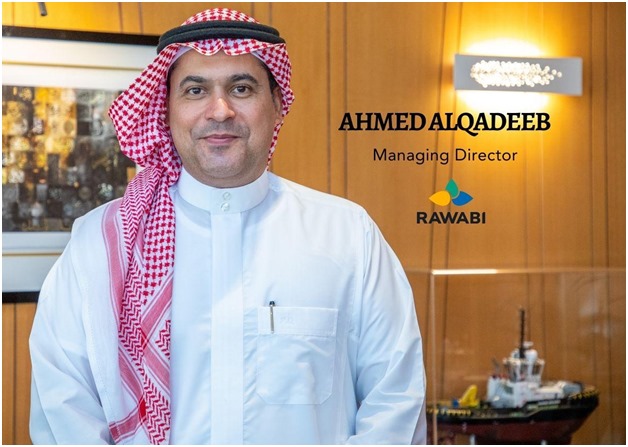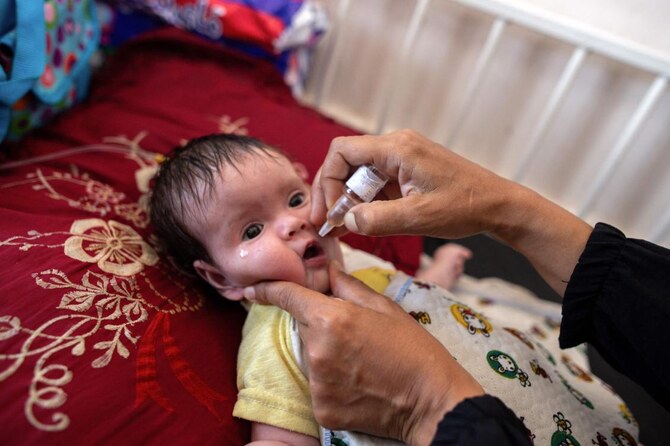RIYADH: The Hamza Arabic language proficiency test for non-native speakers was administered on Tuesday by the King Salman Global Academy for Arabic Language in cooperation with multiple Saudi universities.
The academy seeks to advance Arabic’s standing internationally, encourage its application, and assist Vision 2030’s Human Capacity Development Program objectives. Non-native speakers are evaluated on four language skills speaking, reading, writing, and listening, using the computerised Hamza test.
The 155-minute test, which has 75 questions and adheres to the Common European Framework of Reference for Languages, is intended for Arabic teachers and students at universities and other educational institutions.
Umm Al-Qura University, Islamic University of Madinah, King Abdulaziz University, King Faisal University, Taif University, Qassim University, and Prince Sattam bin Abdulaziz University are participating universities.
Through the Hamza exam, the academy hopes to improve Arabic’s standing in science and society at large, set benchmarks for non-native speakers, and help colleges evaluate their students’ language proficiency.
The Madinah Education Department’s Arabic language supervisor, Mona Al-Shayqi, stated that learning a second language is essential for students because it exposes them to various cultures and fosters critical and creative thinking through comparing linguistic structures.
Also Read:
Capital Market Companies in Saudi Arabia Report Operating Revenue Growth of 27% to $1.1 Billion: CMA
New General Consul of India Eager to Strengthen Relations with Saudi Arabia
